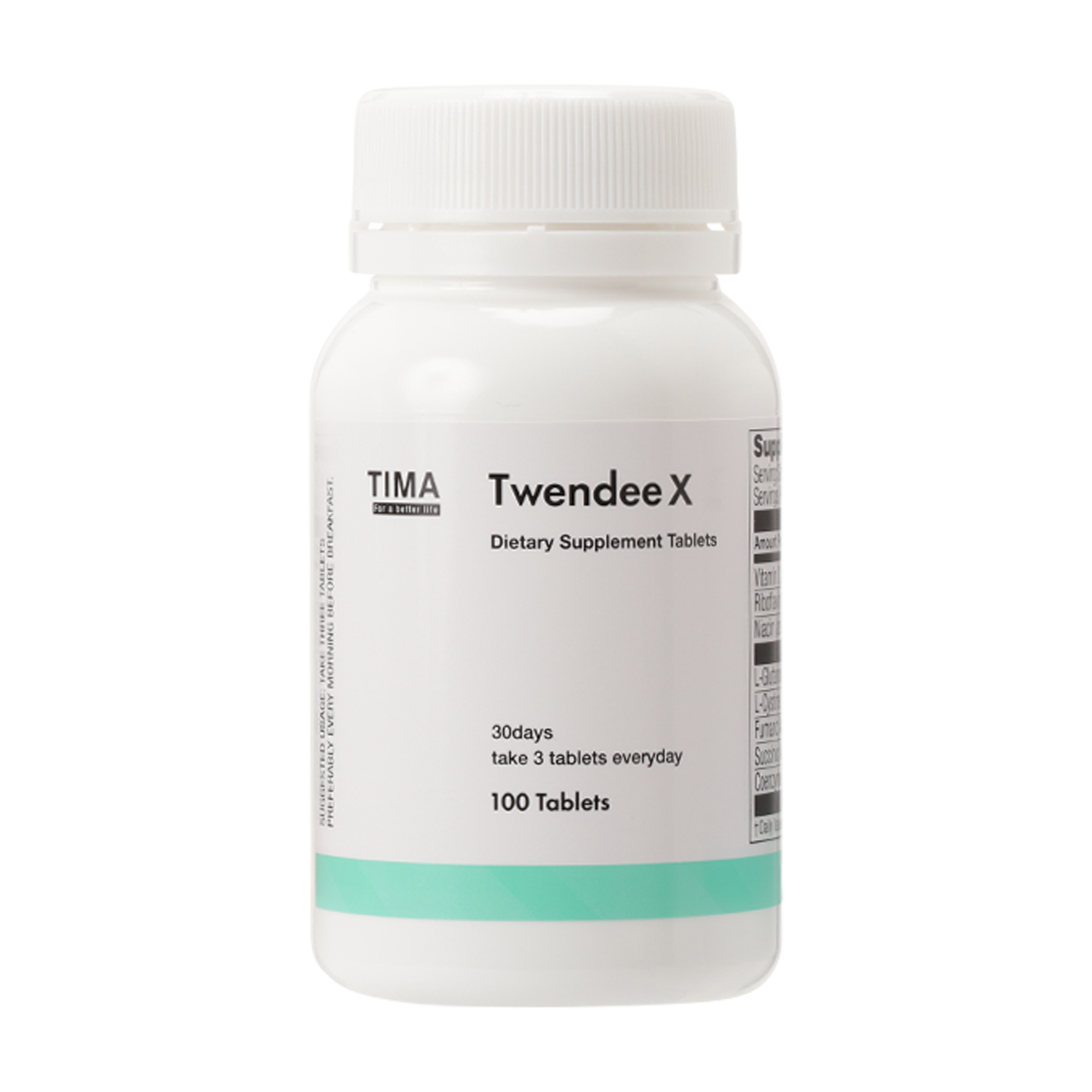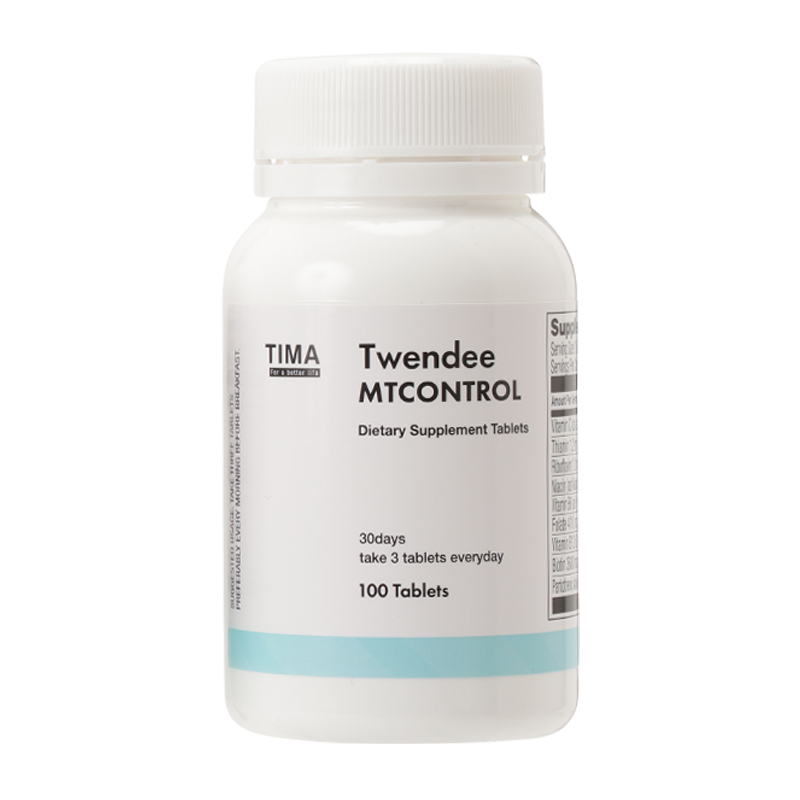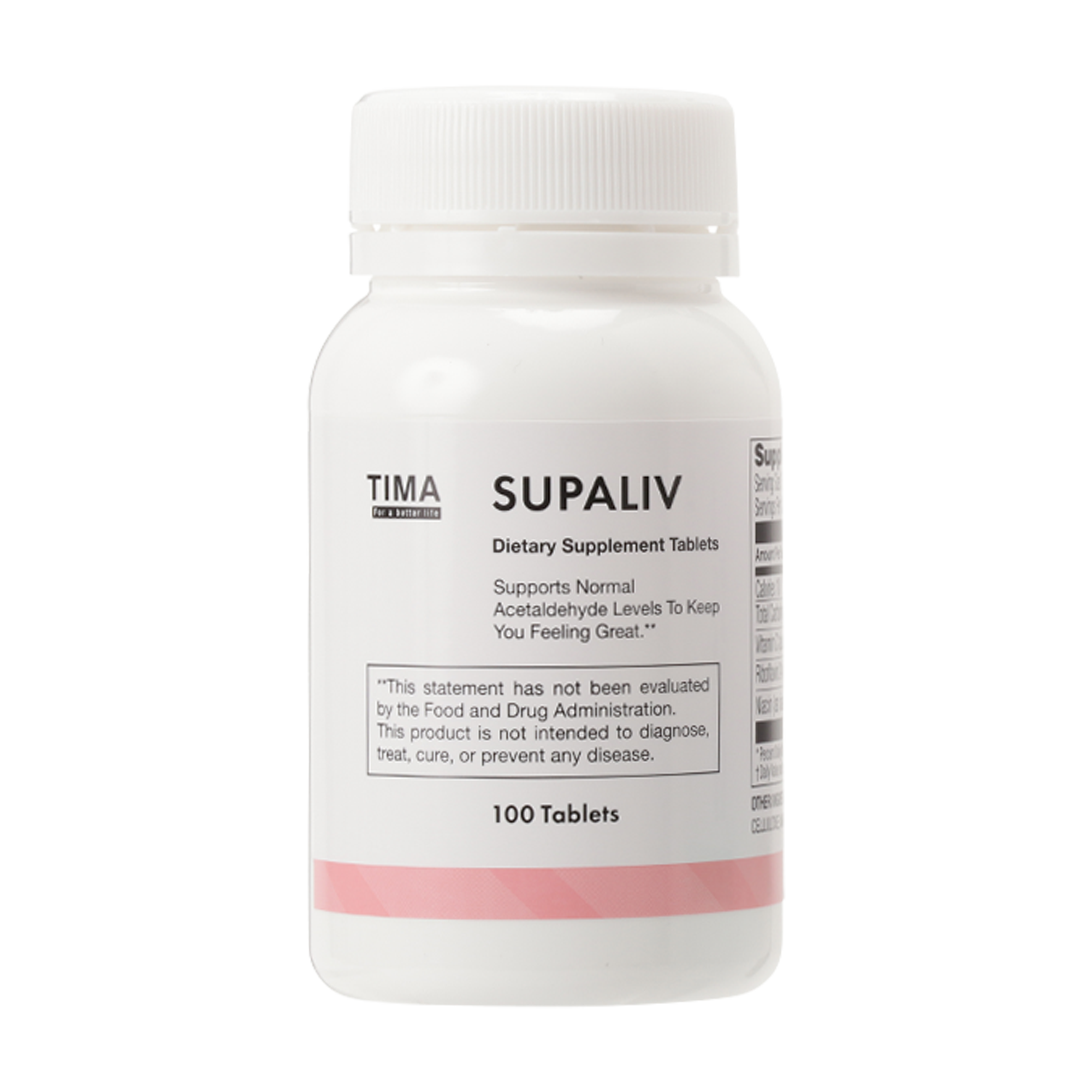Thesis on Oxidative Stress and "chronic obstructive pulmonary disease"
- Paper title
- Oxidative stress and respiratory muscle dysfunction in severe chronic obstructive pulmonary disease.
- Abstract summary
- Oxidative stress is likely to be involved in the respiratory muscle dysfunction in severe COPD.
- Authors
- E. Barreiro, B. de la Puente, J. Minguella, J. Corominas, S. Serrano, S. Hussain, J. Gea
- Journal
- American Journal of Respiratory and Critical Care Medicine
- Semantic Scholar URL
- https://semanticscholar.org/paper/ab91e7e839042ff2a696074e2ec00cd1b17a7ccd
- Abstract
-
RATIONALE
Oxidative stress is involved in the skeletal muscle dysfunction observed in patients with severe chronic obstructive pulmonary disease (COPD). We hypothesized that the diaphragms of such patients might generate greater levels of oxidants than those neutralized by antioxidants.
OBJECTIVES
To assess the levels of both oxidative and nitrosative stress and different antioxidants in the diaphragms of those patients, and to analyze potential relationships with lung and respiratory muscle dysfunctions.
METHODS AND MEASUREMENTS
We conducted a case-control study in which reactive carbonyl groups, hydroxynonenal-protein adducts, antioxidant enzyme levels, nitric oxide synthases, and 3-nitrotyrosine formation were detected using immunoblotting and immunhistochemistry in diaphragm specimens (thoracotomy) obtained from six patients with severe COPD, six patients with moderate COPD, and seven control subjects.
MAIN RESULTS
Diaphragms of patients with severe COPD showed both higher protein carbonyl groups and hydroxynonenal-protein adducts than control subjects. When only considering patients with COPD, negative correlations were found between carbonyl groups and airway obstruction, and between hydroxynonenal-protein adducts and respiratory muscle strength. Although diaphragmatic neuronal nitric oxide synthase did not differ among the three groups and no inducible nitric oxide synthase was detected in any muscle, muscle endothelial nitric oxide synthase was lower in patients with severe COPD than in control subjects. Muscle nitrotyrosine levels were similar in both patients with severe COPD and control subjects.
CONCLUSIONS
This study shows that oxidative stress rather than nitric oxide is likely to be involved in the respiratory muscle dysfunction in severe COPD.








